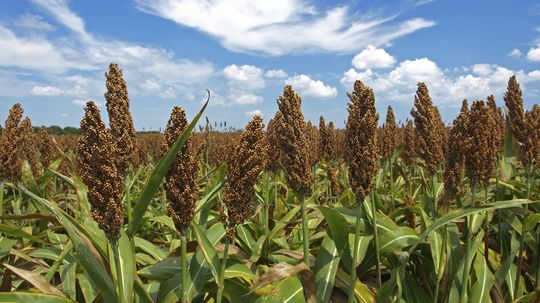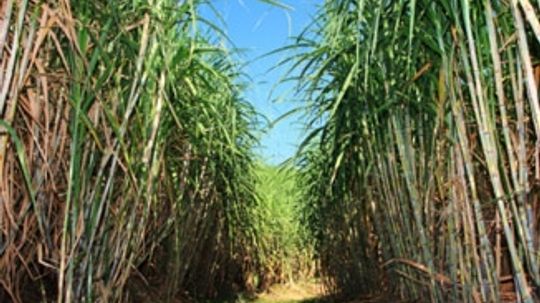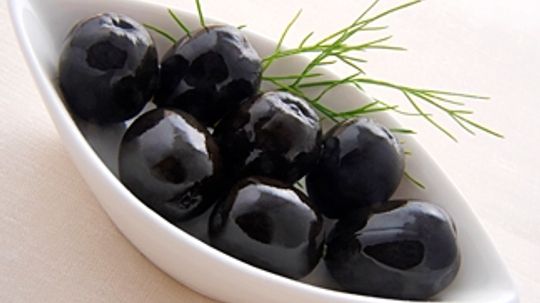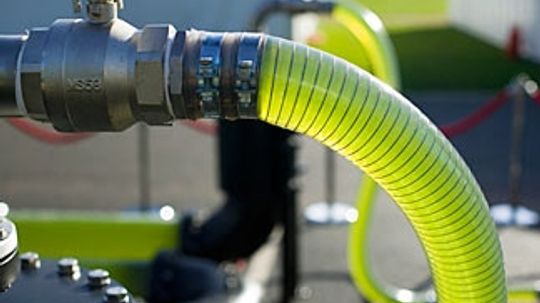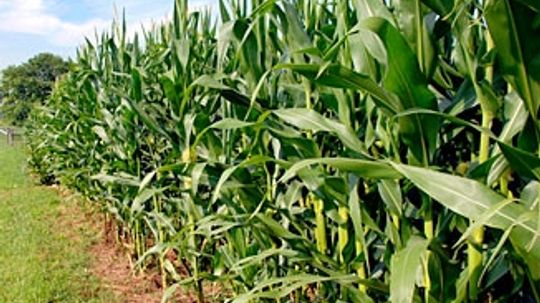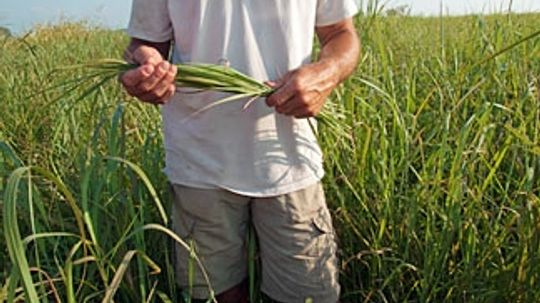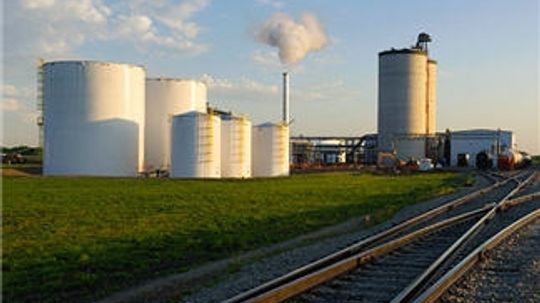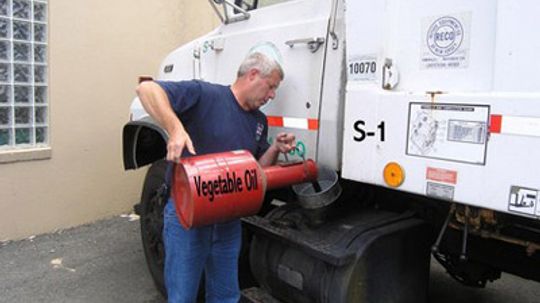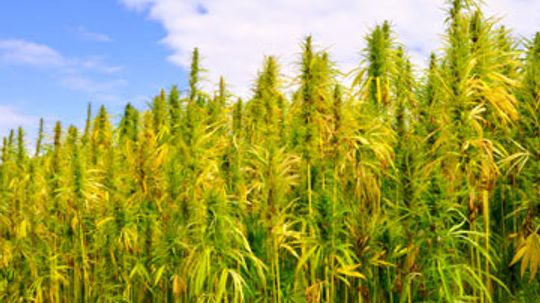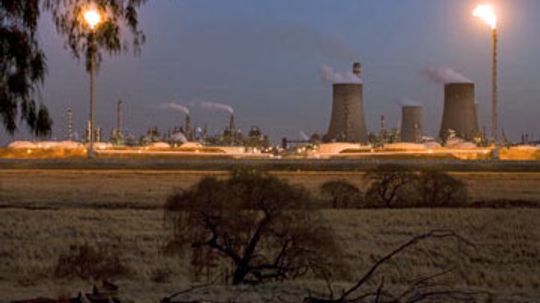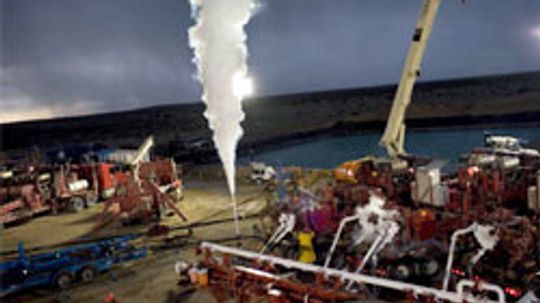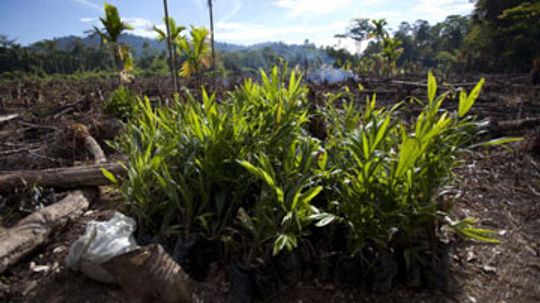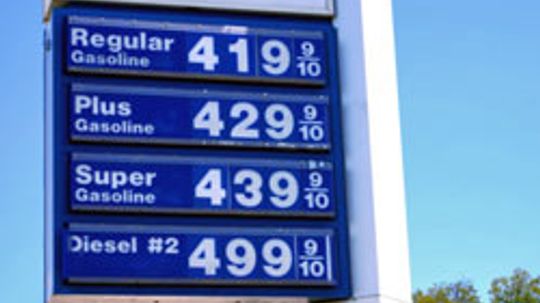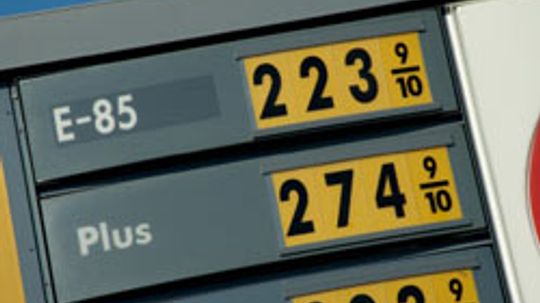Biofuels
With rising gas prices and environmental concerns, biofuels may help you not only save money, but also drive a little greener. Discover the buzz about biofuels in these articles.

Is Ethanol Bad for Your Car?
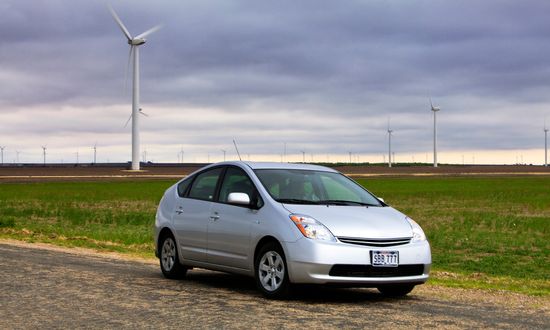
How Carbon-neutral E-fuels Work
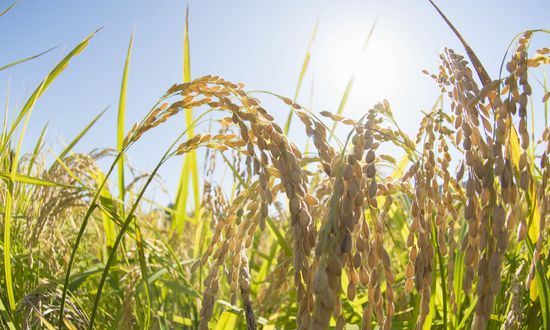
How Plant-microbial Fuel Cells Work

Why Is Gas So Expensive at Certain Times of Year?
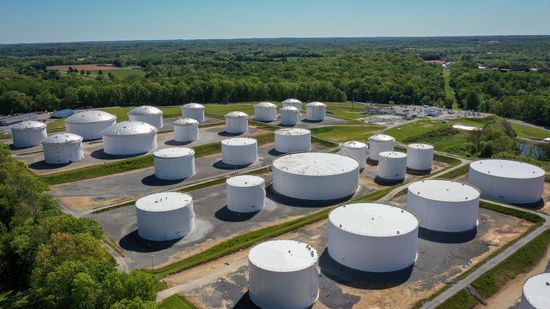
Summer-grade Versus Winter-grade Fuel
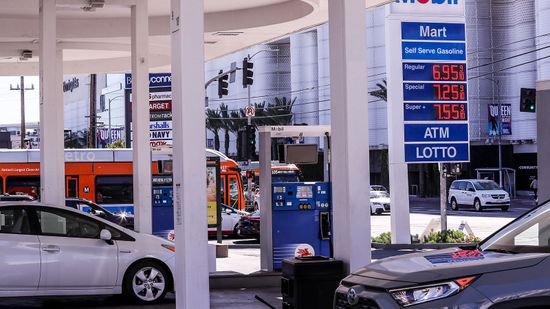
What's the Most Americans Have Ever Paid for Gas?

Is It Bad to Drive Without a Gas Cap?

Running on Empty? How Bad Is It for Your Car?

Do fuel additives really do anything?
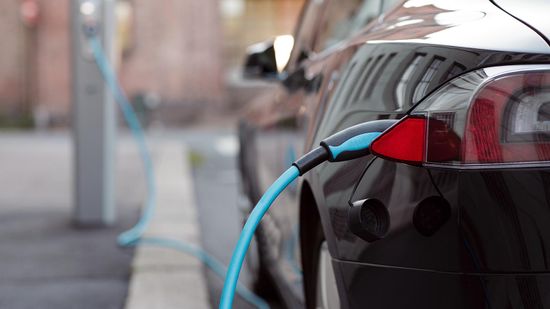
5 Outdated Myths About Buying and Owning Electric Cars

Rivian Aims to Change the EV Industry One Pickup at a Time

Why You Want Your Kid's School Bus to Be Electric

Love It or Hate It: Stop-start Technology Is Here to Stay

Flexible Fuel Technology: Flex Engines
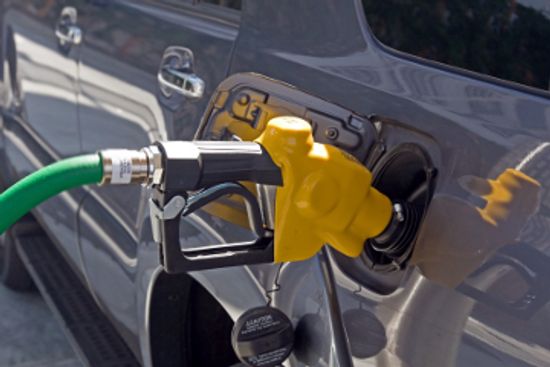
How Flex-Fuel Vehicles Work

Why would someone want to steal the hybrid badge from my car?
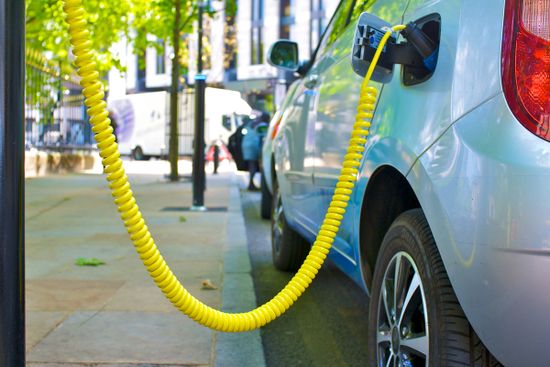
Top 10 Alternative Fuels on the Road Right Now

Do hybrid cars get power through kinetics?
Learn More
Used mainly in the U.S. as pancake syrup, sweet sorghum is exploding in popularity thanks to its other uses as a biofuel and animal feed. How can one plant do so much?
Some people believe that algae could very well be the answer to some of our energy problems. But how will we grow enough of it to accommodate all of our needs?
By John Kelly
Wine adds flavor to foods and can pair nicely with a meal once it's served. You can even use it to dye fabrics and soften your skin. But is it really good for making fuel, too?
Advertisement
"Lower than pond scum" may be a great insult; but we're not here to put these micro-organisms down any lower than they already are on the evolutionary chart. In fact, we're here to exalt them.
The U.S. government is offering tax breaks to those who make, mix and sell biofuels to consumers -- but not to the consumers who actually use them. We'll tell you how these tax credits work.
To cut down on carbon dioxide emissions, governments, car manufacturers and utility companies have been seriously pursuing alternative energy sources. How much do you know about biofuels?
By Dave Roos
The world produces an astonishing amount of olives -- 21.2 million tons, or 19.3 million metric tons, says the Food and Agriculture Organization of the United Nations. It would be a bummer for all those pits to just sit in a landfill.
Advertisement
Instead of relying on futuristic power sources, steampunk-style contraptions look to the past and get their juice from steam. Does steam have staying power as a source of energy?
Biofuels -- the word seems magical. It brings to mind singing birds, clear blue skies and global happiness. Somehow, we can turn plants and other organic material into something to power our cars and save the planet at the same time.
By Craig Haggit
Scientists use the term algae to refer to a large and varied group of plantlike organisms often found in water. Like plants, algae are photosynthetic: They convert carbon dioxide into food using the power of sunlight. Could it be used as fuel?
By Chris Opfer
There's no question -- relying on coal and oil for power is a dirty game. Both fuels release greenhouse gases when burned. Both require extensive and sometimes dangerous collection methods.
Advertisement
From wood-burning stoves in Sudan to coal-fired power plants in Pittsburgh, most of the world runs on biomass energy -- energy produced using materials derived from living things
There are plenty of arguments for biorefining as the way to power the future, as well as reasons to wonder if we should think twice about the developing energy source.
Can we use vegetable oil as fuel in our cars and in electrical generators? The short answer is yes. The longer answer is, well, yes, with a good number of qualifications.
We're still a ways from a hemp-powered car, but industrial hemp has made a number of headlines in past years, especially as an alternative energy source. Is hemp the power of the future?
By Alice Truong
Advertisement
Powering cars with our leftover solid waste. Sounds a little far-fetched, right? Well, it turns out that we're actually pretty close to being able to power cars on garbage like banana peels and beer.
Synthetic fuels, aka synfuels, could be one of the solutions to solving the energy crisis. But what exactly are they and how are they produced?
By Matt Sailor
There may not be a magic bullet to solve the energy crisis, but synthetic fuels offer some advantages -- and drawbacks -- when compared to conventional fossil fuels. Find out about the different types of synthetic fuels and how they're processed.
By Matt Sailor
Switching the world's energy consumption to biofuel makes good sense in some aspects, but the biofuels most likely to be produced on a large scale carry significant drawbacks. What are some of the economic disadvantages of biofuel?
Advertisement
"Biofuel" is a major buzzword in transportation circles these days, and for good reason. However, biofuels, and the process of integrating them into our fuel use habits, can be costly. What are some of the drawbacks of biofuels?
As gas prices continue to rise and global warming becomes more pervasive, more people are using biofuels as a way to save money and decrease their consumption of fossil fuels. And while they're definitely not perfect, they have many advantages over types of fuels.
By spring of 2011, the leading international standards board is expected to approve a biofuel for use in jet engines. But is biofuel really a reasonable alternative for jet fuel?
Algae could one day be the answer to our dependence on fossil fuels. Why? Because it can be converted into oil via several different methods that are relatively inexpensive and safe. Read just how it happens here.
Advertisement
Scientists are focusing a lot of research -- and money -- on biofuel technology. The good news is the fuels are out there and in general, they're sustainable and better for the environment than fossil fuels. But they still have their downfalls, one being they're still expensive to produce. Read on to find out more about five of the "cheapest" biofuels.
The gasoline and petroleum-based diesel fuels that power most of the world's automobiles are fairly far removed from anything safe to consume, but that's changing. What are some of the most common edible biofuels?
